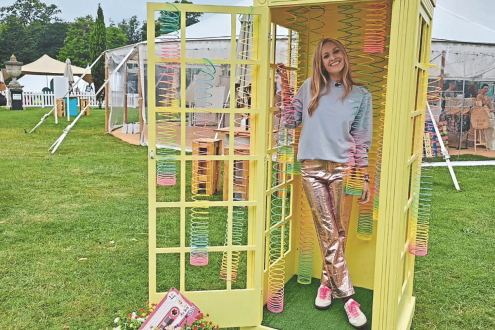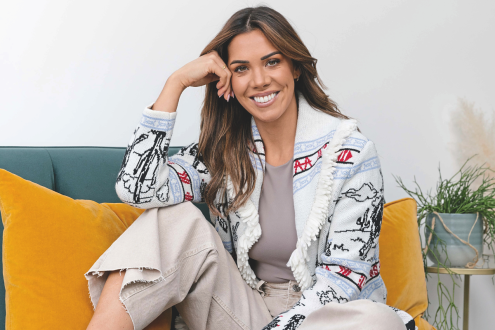Marriage: why bother? Commitment
In the third and last of our features on the appeal of marriage, Clem Felix – uninterested in weddings and fearful of commitment – explains why she is nevertheless stuck on the idea of it

Being an introverted party-avoider, I have never had any desire for a wedding, and as someone who hates being looked at, I have never had any desire to be a bride. Add to this the fact I dislike frivolous expenditure, show or gloss, and have a deep-rooted fear of commitments I can’t get out of and… well, you get the picture.
Yet, I am not anti-marriage at all. I’ve never had that feminist adversity to it; I've never even really understood that. To me, marriage exists on two levels and the first is as a contract that protects the financially weaker party if it all goes wrong – which still, after having children, is usually the woman.
But that’s the worst-case scenario. In the best, I love the fact that in a world that increasingly judges value in financial terms, a marriage certificate does the opposite. Once you are married, the law sees you as equal partners who have contributed equally to your shared life and assets regardless of how much you earn. So it honours and values qualities such as being a supportive partner; the person who takes on most of the parenting; the homemaker and holiday-booker and person who broaches the emotional stuff. It says, very clearly, this sort of contribution is just as valuable as earning big bucks, and I think that is a beautiful and important message.
So that’s the pragmatic level which, in fact, translates to something deeply emotional. Next, there is the romantic level, but maybe that is more pragmatic than it looks. I’ve never wanted a wedding and I’ve never wanted particularly to be a wife, but when I met the man I thought ‘yes’ with, and as we contemplated a shared future, I did want to know he wanted to be with me for ever. I didn’t want him to sleepwalk into children and a home with me – I wanted him to be at that point where he actively thought, ‘I really want this person, and I want to make that commitment’.
When I was single, when I was looking, what I dreamed of in a relationship was nothing flashy or fancy – just a cosy, shared armchair of love and commitment from which we could both go out into the world and pursue our own dreams and our shared hopes. After relationships that sapped my energy, I wanted a partnership that fed us both, and where we could look outwards. But how would that be possible if every time we had a row or he was in a funny mood, I was thinking, ‘Hmm, and he’s never asked me to marry him, why? Am I not quite right? Is he not quite sure?’ I didn’t want to feel neurotic. I didn’t want to be kept on my toes.
And he did it. He knew how I felt and nearly two years after we got together, he got down on one knee, and it was fabulous. We started planning our wedding, but then I got pregnant, and life got in the way. He’s as much of an introverted party-avoider and tight-wadded gloss-despiser as me, so it’s probably fitting that after 15 years, we still have never actually got round to it. But I’ve got my equal partnership, and I’ve got a ring on my finger, and although I will always have moments of insecurity (because that is who I am), I don’t have that deep-rooted feeling of, was he ever really completely committed? I know he was and is – and who can ask for more?
But who knows? Weddings have moved on so much – there’s no need for a sit-down dinner for 80 guests any more. Sometimes it doesn’t feel right that women 20 years younger call a man they’ve been with a few years ‘husband’ when mine is still my ‘partner’. And at our stage of life – with teenage children and a new future of just us two beckoning; with so many years and shared experiences behind us, I think those vows would have great meaning.
And then of course, there are the death duties…
More inspiration:
Read Ten lessons from ten years of marriage by Sarah Abell on LifeLabs
Photograph: iStock









